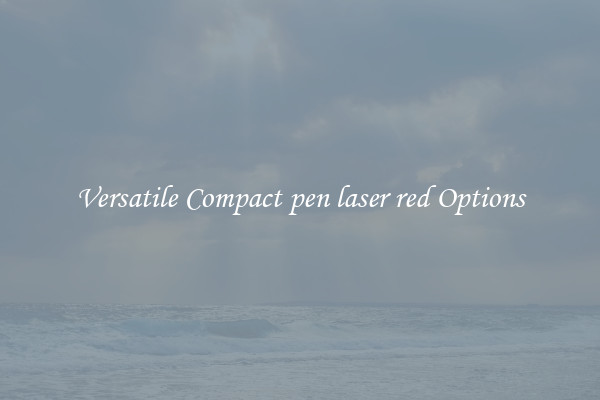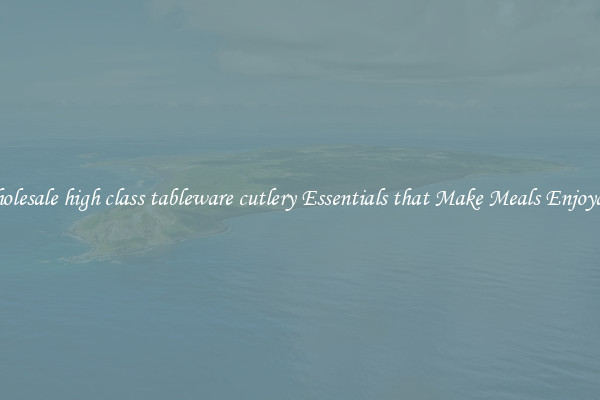quality monocular for Beginners and Professionals
A monocular is a compact optical device that is designed to provide a magnified view of distant objects with a single eyepiece. It is essentially like half of a pair of binoculars, making it a suitable option for those who prefer a single-handed, lightweight and portable solution for observing nature, wildlife or even for stargazing. Whether you are a beginner or a professional, investing in a quality monocular can greatly enhance your overall viewing experience.

For beginners, a quality monocular can act as a great stepping stone into the world of optics. With its simplified design, a monocular is easier to use and handle compared to bulky binoculars. It offers a wide field of view, providing a clear and detailed image of the subject at hand. Beginners can use a monocular to explore and observe their surroundings, be it hiking in the woods or birdwatching in the park. The compact size also makes it easy to carry around in a backpack or pocket, ensuring that it is always within reach whenever an opportunity for exploration arises.
Professionals, on the other hand, can benefit from a quality monocular in various fields. Nature enthusiasts and birdwatchers can use it to study and identify species from a distance without causing any disturbance. Hunters and wildlife photographers can rely on the precision and portability of a monocular to scout for potential game or capture stunning images. Astronomers also find monoculars useful for stargazing as they offer a clear view of the night sky, especially for observing celestial objects such as the moon or planets.
When choosing a quality monocular, there are a few key factors to consider. Firstly, the magnification power and objective lens diameter should align with your specific needs. For beginners, a lower magnification power like 8x or 10x combined with a larger objective lens diameter of around 40mm is recommended for a wider field of view and brighter images. Professionals may opt for higher magnification powers depending on their specific requirements.
Secondly, the quality of the optics is crucial. Look for monoculars with high-quality glass lenses and multiple coatings to enhance light transmission and minimize reflections. This ensures clearer and brighter images. Additionally, consider the build quality, durability, and water/fog resistance of the monocular, as these factors are vital for outdoor use and longevity.
Lastly, don't forget to try out different monoculars before making your final decision. Factors such as comfort, ease of focus, and overall ergonomics are subjective and vary from person to person. By taking the time to test different models, you can find a monocular that feels natural and enjoyable to use.
In conclusion, whether you are a beginner or a professional, investing in a quality monocular can greatly enhance your outdoor experiences and observations. With its compact size, ease of use, and portability, a monocular is an ideal optical tool for exploring nature, observing wildlife, or enjoying the wonders of the night sky. Consider the magnification power, objective lens diameter, build quality, and optics when making your selection, and you will undoubtedly find a monocular that suits your needs and offers a new level of visual clarity and enjoyment.

View details

View details

View details

View details








